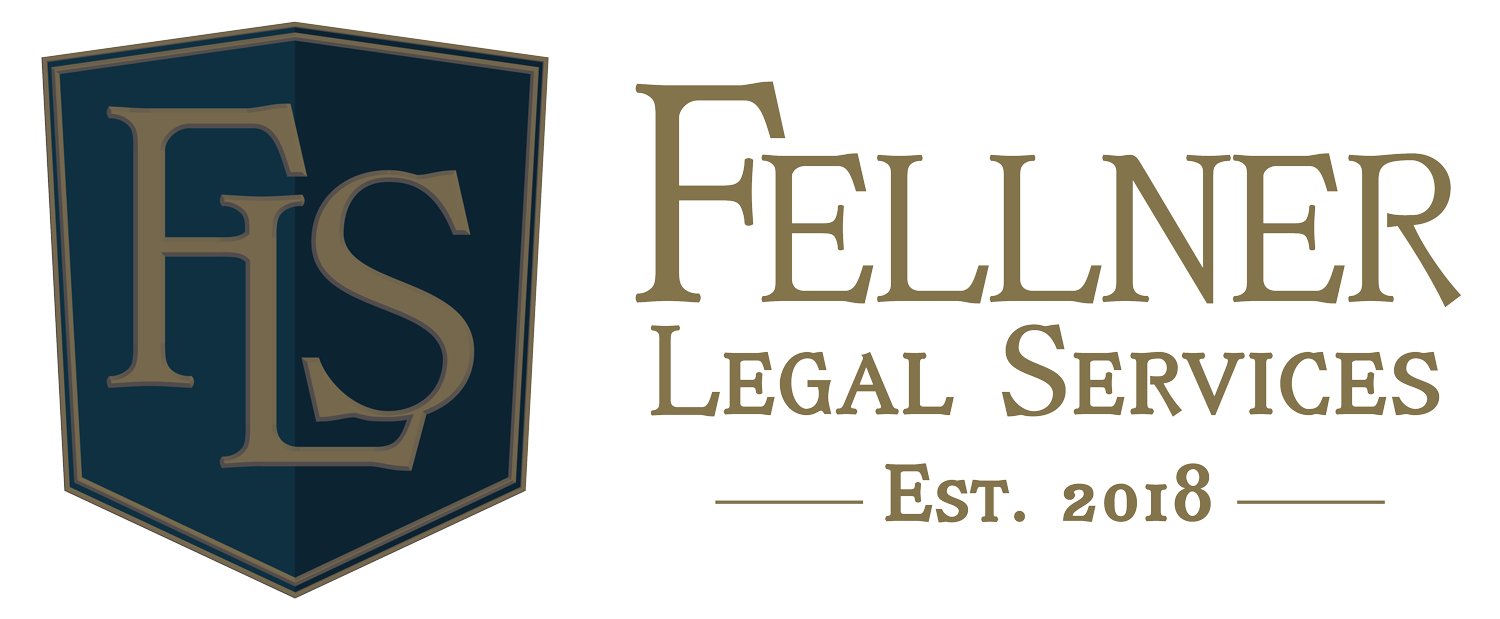In April 2017, the Council for the District of Columbia amended the District of Columbia Condominium Act (“the Act”) in a few significant ways. The new legislation has three primary features:
First, the amendment to the Act establishes a Condominium Owner’s “Bill of Rights and Responsibilities.” Among things, the Bill of Rights and Responsibilities sets forth the following: the right of owners to attend board meetings (other than the exceptions for closed session topics), the right to access and review condominium books and records, and the right to cure a default in payment of assessments prior to foreclosure. Moreover, the amendment to the Act requires a condominium developer to provide a copy of the Bill of Rights to each prospective purchaser of a condominium unit.
Second, the amendment to the Act establishes a Condominium Association Advisory Council. The Council will be comprised of 14 members (including appointees from each ward as well as professionals from the condominium industry and D.C. government agency delegates). The Advisory Council shall serve as an advisory board to the Mayor, the Council and District agencies on matters relating to condominiums in the District. Further, although the full scope and authority of the Advisory Council it is unclear at this time, it may also serve as a resource for condominium unit owners to raise concerns about condominium management and operational issues affecting their community. Moreover, the Advisory Council may also consider broader condominium policy issues, and may establish opportunities and guidelines to assist condominium unit owners with questions relating generally to matters affecting condominiums and unit owners.
Third and finally, the legislation alters the procedures for foreclosure and collections of delinquent condominium assessments. All notices sent to unit owners indicating an intention to take legal action must identify certain resources a delinquent owner may contact to potentially receive assistance. When a condominium forecloses, the notices must now be sent to each lienholder of record, providing detailed information regarding the foreclosure. Under the new law, foreclosure notices must:
- State the past due amount being foreclosed upon
- State whether the foreclosure is a six-month super-priority lien foreclosure or a foreclosure sale of the full lien amount (and thus subject to the first mortgage lien)
- Include language advising that it is subject to the first trust (if applicable)
- Advise that the sale will take place at a date that is at least 31 days from the date of notice if full payment is not received before the sale date
- Include a statement of account that advises of all amounts owed, including late fees, interest, costs, and attorneys’ fees
- Include instructions on how the unit owner may request a full account statement (if the amount outlined in the notice is not the total amount due)
- Include the mandatory notice regarding resources available to help unit owners
- Be sent by any delivery method that provides tracking (previously only certified mail was allowed)
You may wish to contact our office to assist your community with modifying its existing collection procedures to ensure compliance with the new laws.
Aside from these major changes, the Council also considered, but did not act on, legislation regarding short-term leasing restrictions, condominium manager licensing, and remedial funding for common interest communities that are struggling financially. We will continue to monitor these matters and update you of any changes that might affect your community.
Brian R. Fellner

